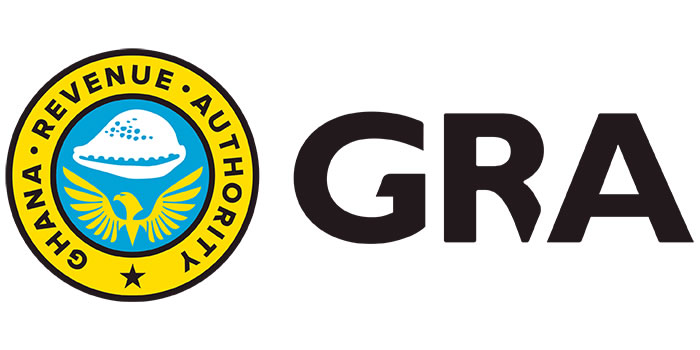GRA provides clarification on taxing incomes of Ghanaian residents

The Ghana Revenue Authority (GRA) has provided clarification regarding its decision to tax the foreign incomes of resident Ghanaians.
The GRA defended the decision, citing the Tax Act 2015 (Act 896) as its legal basis. It also outlined the criteria for individuals who will be affected by the tax, including citizens with a permanent home in Ghana, those residing in the country throughout the year, and individuals present in Ghana for at least 183 days within a 12-month period.
Additionally, government employees or officials posted abroad are also included. In preparation for the implementation of the tax, the GRA has opened a special window for taxpayers to rectify their records.
Below is GRA’s full statement:
The Ghana Revenue Authority (GRA) has noted concerns raised by the general public on the tax status of individuals who earn incomes abroad and whether they are deemed by the Tax laws as “resident individuals” for tax purposes.
In light of these concerns, it is important to clarify who qualifies as a resident individual for tax purposes.
The legal definition of a resident individual for tax purposes is grounded in the Income Tax Act 2015 (Act 896), Sections 3 (2) (a), 103, and 111.
Clarification of key details:
Individuals considered resident for tax purposes:
1. Are citizens with a permanent home in Ghana residing in the country throughout the year
2. Are present in Ghana for at least 183 days in any 12-month period that begins or ends within the year
3. Include government employees or officials posted abroad
4. Are citizens temporarily absent from Ghana for not more than 365 continuous days who maintain a permanent home in Ghana
To facilitate easier declaration and payment of taxes for resident individuals to report of undisclosed incomes, the GRA has opened a special window for taxpayers to rectify their records.
All eligible individuals are strongly encouraged to utilize this opportunity to regularize their tax affairs.





